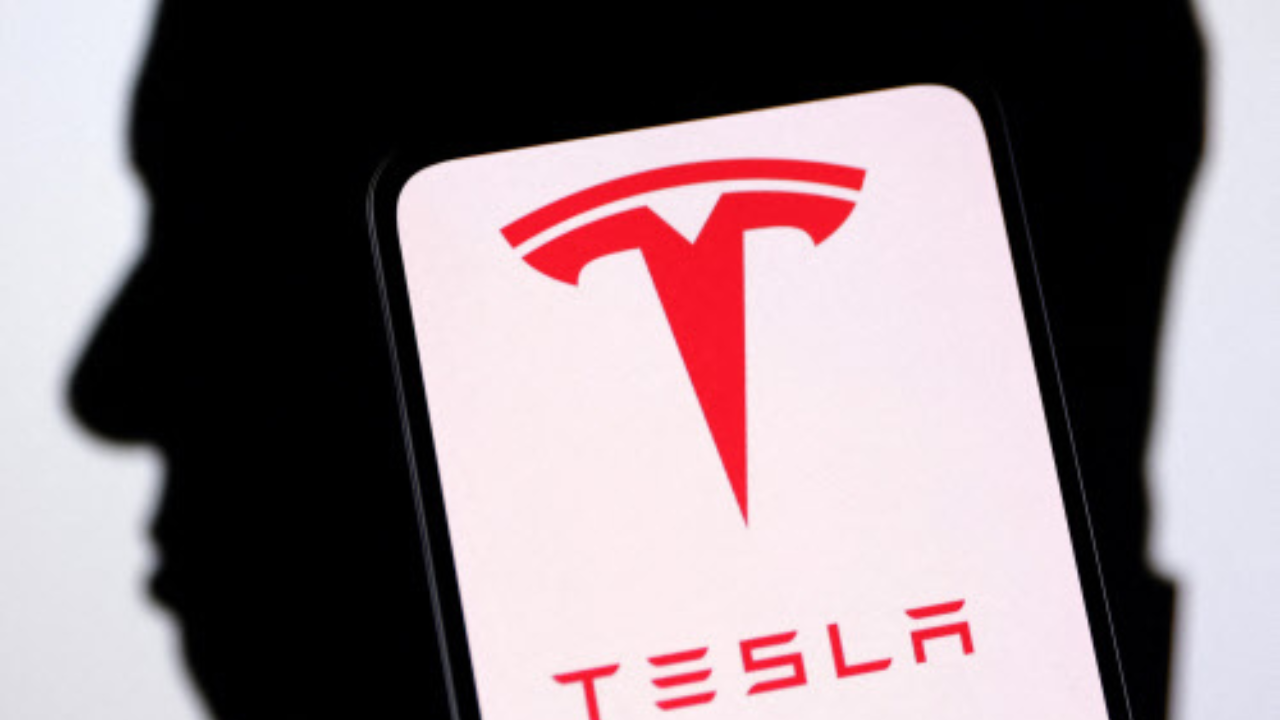
Amid reports that Tesla could bring its cheaper Model 3 to India, which would cost around INR 20 lakh, India’s finance ministry on Thursday made it clear that it is not considering any duty waivers for the U.S. automaker, Revenue Secretary Sanjay Malhotra told Reuters.
Last month, Tesla CEO Elon Musk said that Prime Minister Narendra Modi was pushing the car maker to make a “significant investment” in the country, adding that such an announcement was expected soon.
In the past, talks between the U.S. carmaker and the Indian government have involved seeking customs duty waivers for importing its electric vehicles, which was rejected by India.
“Any duty waiver for Tesla is not under active consideration of the Department of Revenue, as of now,” Malhotra added.
Meanwhile, industry experts on Thursday also asserted that achieving a price range of INR 20 lakh for Tesla’s cheaper model seems to be a distant dream.
According to experts, Tesla prices are nearly the same across the globe and currently, the base variant of the Tesla Model 3, which is the cheapest Tesla model available, is priced at USD 40,240 (approximately INR 33 lakh).
Importing this model into India will incur a cost ranging between INR 60-66 lakh. India imposes a 100% import tax on electric vehicles (EVs) priced above USD 40,000.
“However, this import duty can be eliminated by setting up local production. Despite this, the possibility of acquiring a USD 40,240 (or around INR 33 lakh) car for USD 24,366 (INR 20 lakh) still seems like a distant dream,” senior analyst Soumen Mandal from Counterpoint Research told IANS.
This cost reduction could be achieved if Tesla models manufactured in India have fewer features compared to the ones available in the US.
“For example, certain hardware required for Full Self-Driving (FSD) could be eliminated and, instead, Advanced Driver Assistance System (ADAS) Level 2 could be included,” Mandal added.
The battery pack, imported from China, could have a capacity lower than 50kW and the electric motors could be of lower power.
Additionally, the in-vehicle electronics could be reduced and a smaller center display used, according to the analyst.
There are initial talks between the Indian government and Tesla and may take some time before a Tesla facility arrives in the country. Tesla is also conducting meetings with industry executives in India, according to The Economic Times. There are also reports that Tesla is working on a ‘next gen’ EV platform that will support compact cars.
“The production cost of this platform is expected to be reduced by approximately 50 per cent compared to the present platform, enabling Tesla to enter the sub-USD 25,000 EV segment. We expect that India will become a manufacturing hub for these compact models, with prices starting from INR 20 lakh,” Mandal noted.
The recent challenges in China have provided an impetus for Tesla to potentially explore, and establish a manufacturing base in India.
“The possibility of a Tesla in India at potentially around INR 20 lakh depends on an array of variables, including potentially attractive policy incentives, and Tesla’s ability to accomplish efficiencies in supply chain and costs to effectively leverage local manufacturing. All said, pricing decisions will be driven by Tesla’s business strategy,” said Prabhu Ram who heads the Industry Intelligence Group (IIG) at CyberMedia Research (CMR).
“The automotive market is highly competitive. While Tesla could get a competitive advantage with policy incentives, current automotive market incumbents would be spurred to invest further, and scale their EV portfolio, Ram told IANS.
However, it is still too early to determine how Tesla’s entry into the Indian market will impact existing EV players. Companies like Tata Motors and MG cater to the budget segment of the EV market, while Tesla’s price point positions it in the premium segment.

















